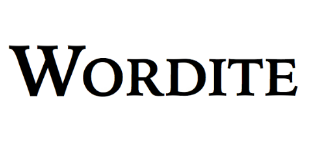shall - What does it mean?
'shall' hits on the web
You may have been searching for a specific social media @shall profile or the tag #shall
Definition of 'shall'English
Verb
( wikipedia)
(modal auxiliary verb|defective)
- I shall sing in the choir tomorrow .
* 1900 , L. Frank Baum , The Wonderful Wizard of Oz Chapter 23
- "My third command to the Winged Monkeys," said Glinda, "shall' be to carry you to your forest. Then, having used up the powers of the Golden Cap, I ' shall give it to the King of the Monkeys, that he and his band may thereafter be free for evermore."
- (determination''): ''You shall go to the ball!
- (obligation''): ''Citizens shall provide proof of identity.
- Shall we go out later?
(obsolete) To owe.
( rfex)
Usage notes
* Shall'' is about one fourth as common relative to ''will in North America as in the UK. Some in North America may consider it formal or even pompous.
* In the past, will'' and ''shall'' have been used similarly as auxiliary verbs for the future tense. The simple future tense traditionally uses ''shall for the first person ("I" and "we"), and will for the second and third persons.
*: I shall go.
*: You will go.
* An emphatic future tense, with a sense of (must), reverses the two words, using will'' for the first person and ''shall for the second and third person.
*: I will go.
*: You shall go.
* Usage can be reversed in questions and in dependent clauses—especially with indirect discourse. For example: Shall''' you do it?'' is equivalent in meaning to '''''Will''' you do it?'' as it anticipates your response ''I '''shall''' do it.'' Or: ''he says that he '''shall''' win'' or ''he expects that he '''shall''' win'' report his saying ''I '''shall''' win'', not ''I '''will win.
See also
* ought
* shalt
* shan't
* should
* will
*
Statistics
*
Similar to 'shall'skill, sill, soil, sell, swell, school, sail, soul, skull, scull, seal, shill, sial, squill, scowl, shell, shul, shoal, shawl, squeal, swill, skell, squall, saul, sull, skol, shiel, skoal, seel, skil, skool, skall, sowl, scall, sweal, skeel, skail, squail, sewel, sheal, soal, squawl, shool, shail, swoll
|
